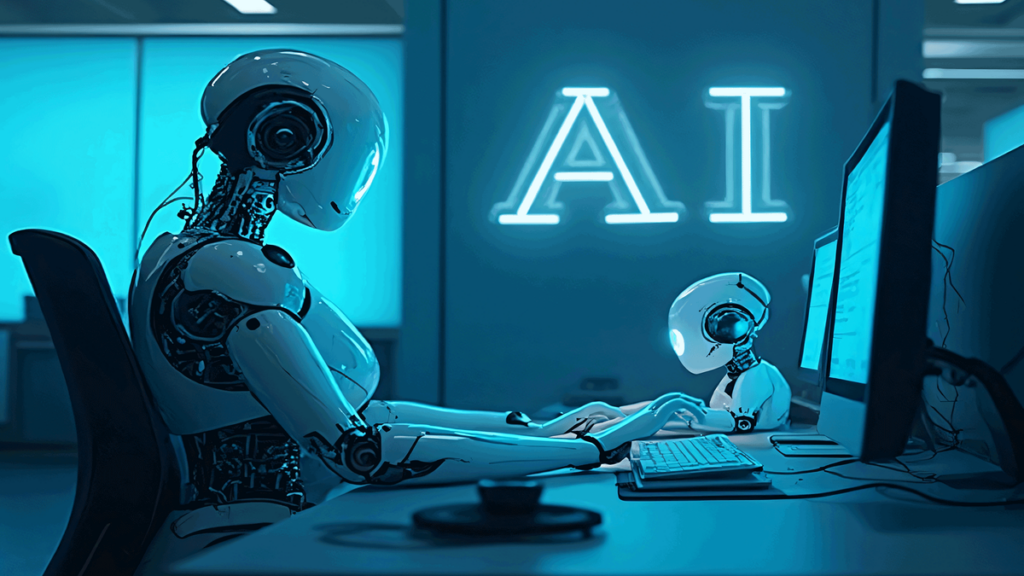The rapid adoption of artificial intelligence (AI) is transforming the global tech workforce, with industry giants including Google, Intel, Salesforce, and Oracle announcing major layoffs. Many of the impacted positions involve tasks increasingly supported—or replaced—by AI systems, from routine coding and data analysis to customer support and administrative roles.
Lean, AI-Driven Operations
Analysts say the trend underscores a shift toward leaner, AI-first business models. “Companies are no longer just experimenting with AI—they’re restructuring entire business models around it,” noted one labor market researcher. “That means fewer jobs in repetitive tasks, and more demand for high-skill roles in AI development, integration, and oversight.”
Policy and Global Talent Shifts
The workforce upheaval is compounded by policy changes, particularly in the U.S. Updates to the H-1B visa program are reshaping where and how tech companies can deploy talent. Countries across Asia and Europe are moving quickly to attract displaced workers and position themselves as AI talent hubs.
Challenges and Opportunities for Workers
While thousands face job uncertainty, opportunities are emerging in AI ethics, prompt engineering, cybersecurity, and systems optimization. Tech companies are launching reskilling initiatives, but critics argue these programs lag behind the pace of displacement.
Social and Economic Impact
The layoffs also raise deeper concerns about AI’s societal impact. Governments are being urged to expand safety nets, retraining subsidies, and labor protections to cushion the disruption. Observers warn that without coordinated action, AI-driven efficiency gains may come at the expense of social stability.
A Crossroads for the Industry
As AI tools continue to grow more capable, the restructuring of the tech workforce is expected to accelerate. The challenge ahead: balancing efficiency and profitability with investment in human capital and long-term economic resilience.

